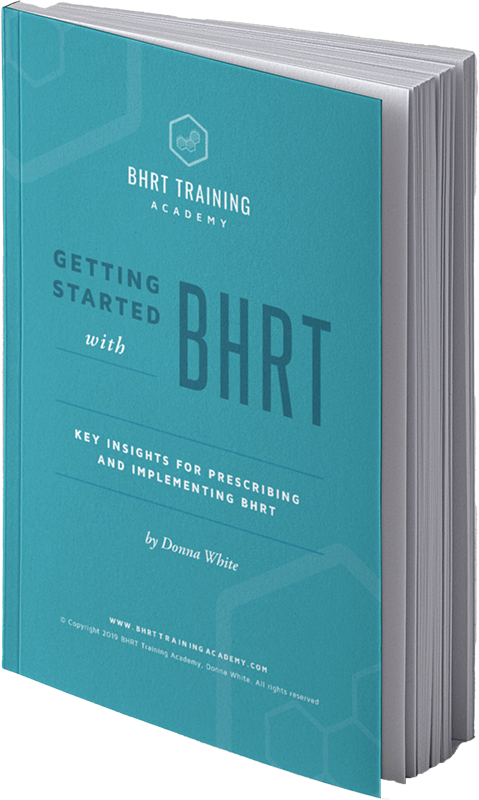The December Dilemma: A Stress Statistics Snapshot

Adrenal Fatigue: A Silent Culprit
The adrenal glands play a pivotal role in the body’s stress response system, secreting hormones like cortisol to help manage stress. However, chronic stress, especially during the demanding December period, can lead to adrenal fatigue. This condition occurs when the adrenals become overworked and struggle to maintain the necessary hormone levels, resulting in fatigue, insomnia, and a weakened immune system.
Amino Acids: The Unsung Heroes for Adrenal Support
Enter amino acids – the building blocks of proteins and essential contributors to various bodily functions. These compounds are not only vital for maintaining overall health but also play a crucial role in supporting adrenal function. Amino acids like tyrosine and phenylalanine are precursors to dopamine and norepinephrine, neurotransmitters that influence mood and stress response.
How Amino Acids Can Help Alleviate December Stress
Tyrosine for Stress Resilience: Tyrosine is a key amino acid in the synthesis of neurotransmitters that regulate mood and stress. Supplementing with tyrosine may help enhance stress resilience, providing doctors with the mental and emotional fortitude needed during demanding times.
Phenylalanine for Energy Balance: Phenylalanine, another essential amino acid, is crucial for the production of tyrosine. Adequate levels of phenylalanine support energy balance, helping doctors combat fatigue associated with the demands of December.
Conclusion: Empowering Doctors with Amino Acid Solutions
In the face of December stress, doctors must prioritize their well-being to deliver optimal patient care. Understanding the statistics surrounding stress during this period and recognizing the role of amino acids in adrenal support can empower healthcare professionals to navigate the challenges of the season effectively. By incorporating amino acid supplementation into their own routines, doctors can enhance their resilience, ensuring they remain at their best for both themselves and their patients.

Get the quick read ebook,
Getting Started with BHRT -
Key Insights to Prescribing and Implementing BHRT.
CME's - Earn while you learn.
